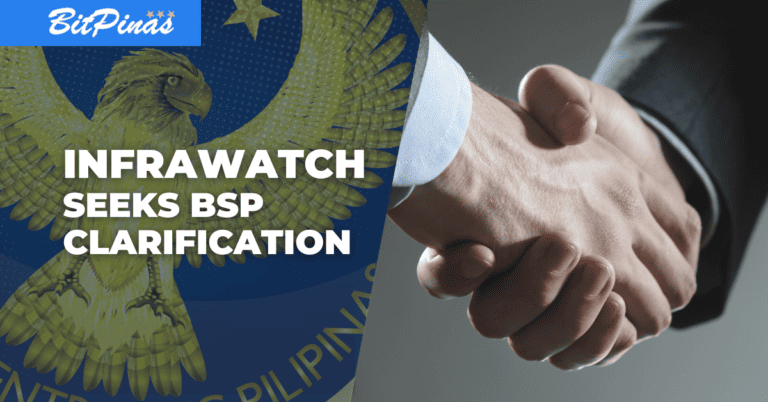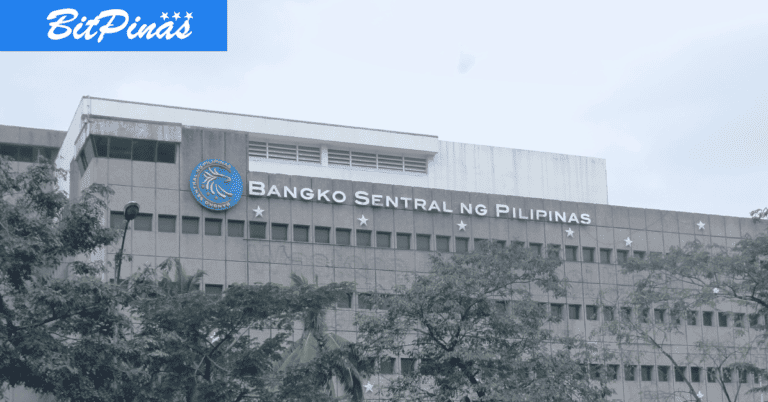Facebook’s Libra Plans to Develop Stablecoins Tied to Different Fiat
Libra is supposed to be a global digital currency backed by a basket of fiat currencies, including the US dollar.
April 17, 2020 – The Libra Association pulls back from creating a global digital currency after major backlash from regulators around the world.
Initially, Libra is supposed to be a global digital currency backed by a basket of fiat currencies, including the US dollar. Lawmakers criticize this heavily, suggesting it could undermine the sovereignty of the fiat.
The association published a version 2 of its whitepaper that now includes the changes, including creating stablecoins that represent different fiat currencies as well as a multi-currency stablecoin backed by stablecoins. The updated whitepaper covers in specific the following:
- Offering single-currency stablecoins in addition to the multi-currency coin.
- Enhancing the safety of the Libra payment system with a robust compliance framework.
- Forgoing the future transition to a permissionless system while maintaining its key economic properties.
- Building strong protections into the design of the Libra Reserve.
The Association admits one key concern is that the multi-currency Libra Coin (LBR) will interfere with monetary sovereignty once large volume of domestic payments is made in LBR. Because of that, it is augmenting the Libra network by including single-currency stablecoins in addition to LBR.
This will begin with the proposed LBRBasket (Libra USD, LibraEUR, LibraGBP, LibraSGD). The association said this will allow those people and businesses in countries whose fiat have stablecoins in the Libra Network to directly access the stablecoin in their currency and transact. Single-currency stablecoins are fully-backed by the “Reserve” which consists of cash or cash equivalents as well as short-term government securities dominated in that currency.
In response to regulators’ request to have strong Anti-Money Laundering (AML) and CounterTerrorism mechanisms, the Association established its own Financial Intelligence Function (FIU-function) to uphold the standards to the Libra Network participants. The Association considers 4 types of network participants:
- Designated Dealers
- Virtual Asset Service Providers (VASPs)
- including exchanges and custodial wallets that are registered or licensed as VASPs in a Financial Action Task Force (FATF) jurisdiction.
- VASPs that have completed a certification process approved by the Association
- All other individuals and entities seeking to transact or provide services through the Libra network (Unhosted Wallets).
The Association said Unhosted Wallets enable financial inclusion but of course it recognizes the risks, so they will be subjected to balance and transaction limits.
Initially, the Association wanted to move from being permissioned to becoming permissionless and decentralized. This is now removed. Last time, we reported about the global Financial Stability Board wanting Central Banks to prohibit stablecoins running on permissionless and decentralized systems.
Read the updated Libra Whitepaper here.
This article is published on BitPinas: Facebook’s Libra Plans to Develop Stablecoins Tied to Different Fiat




